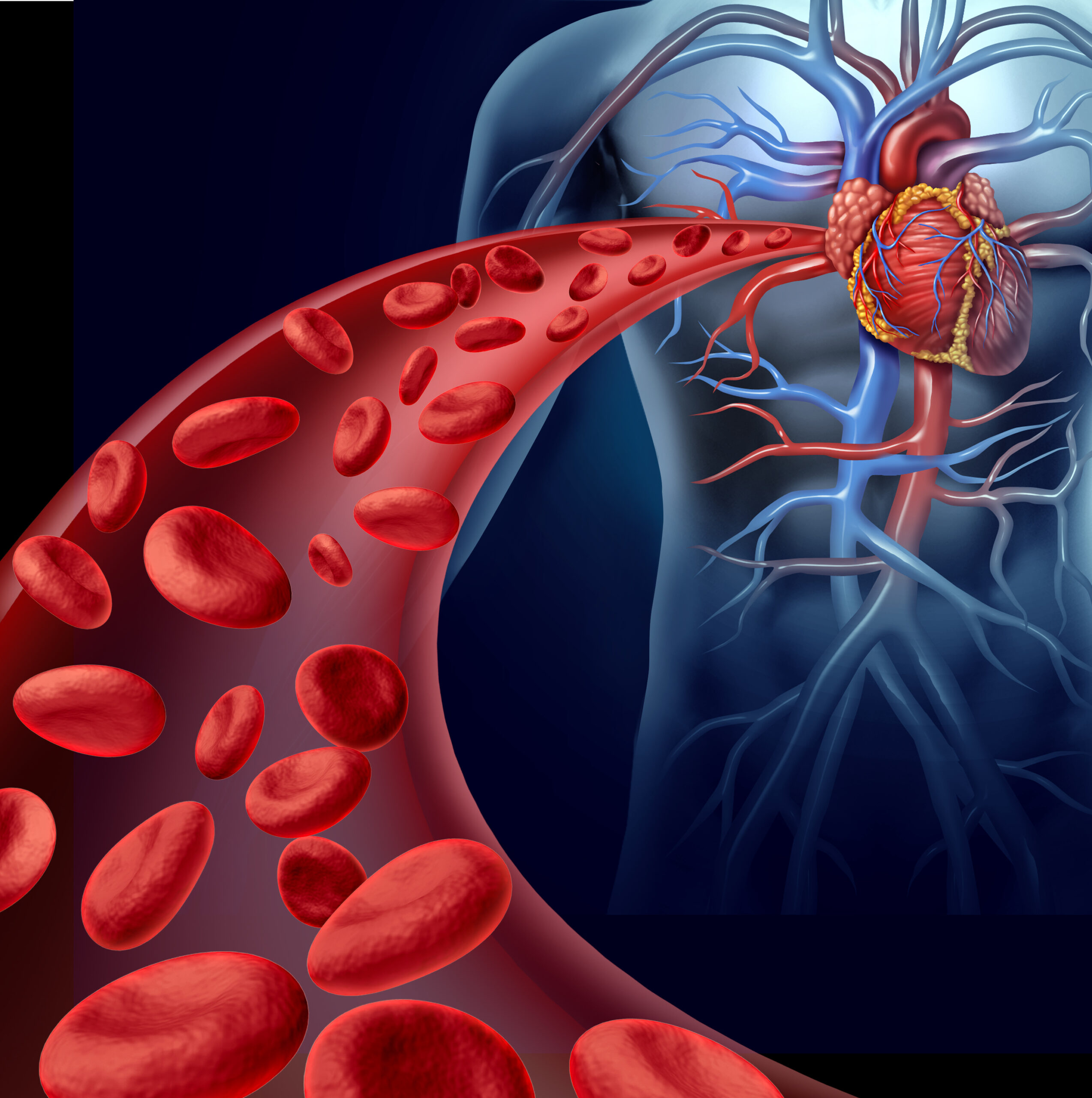Blood viscosity is a measurement of the thickness and stickiness of an individual’s blood. It is a direct measure of the ability of blood to flow through the blood vessels. When the blood is thicker, it moves sluggishly; there is an increased risk for red cells to adhere to one another and form clots; consequently, not enough oxygenation is delivered in a given time to areas such as the legs or the brain, and vital organs. The heart will work harder to pump the needed oxygen to the body.
Blood viscosity is tied to far more conditions than one might suppose, including high blood pressure, autoimmune diseases, cardiovascular disease, diabetes, depression, and cancer.
The thickness of your blood can depend on several factors. Your red blood cell count has the most influence on the viscosity of your blood. Blood fats, such as LDL (“bad”) cholesterol, can affect this viscosity – the more LDL you have passing through your bloodstream, the thicker your blood will be. Other factors such as chronic inflammation, smoking, diabetes, EATING HABITS, and even your genetic makeup can all contribute to the varying thinness or thickness of your blood.
What are the symptoms of hyperviscosity syndrome?
energy (fatigue) or weakness
chest pain
shortness of breath
gout
headache
high blood pressure
itching skin
nose bleeds
bleeding gum
easy bruising
and more
YOUR ACTIONS MATTER:
Exercise is more than a vanity tool. It is crucial for blood flow, detoxification, and optimal digestion. Hydration is more than a feeling. Water can dilute blood. Staying hydrated and drinking plenty of water helps to keep the viscosity of the blood low. Food is more than satisfying your taste buds, celebrating or lifting your mood. Your dietary choices determine your blood and organs’ health.
What should be noted, as well, is that we are all different individuals and so are our needs. Biological individuality is a key should we seek optimal health.
ADDRESS YOUR BIOLOGICAL INDIVIDUALITY: PRESS Plans
